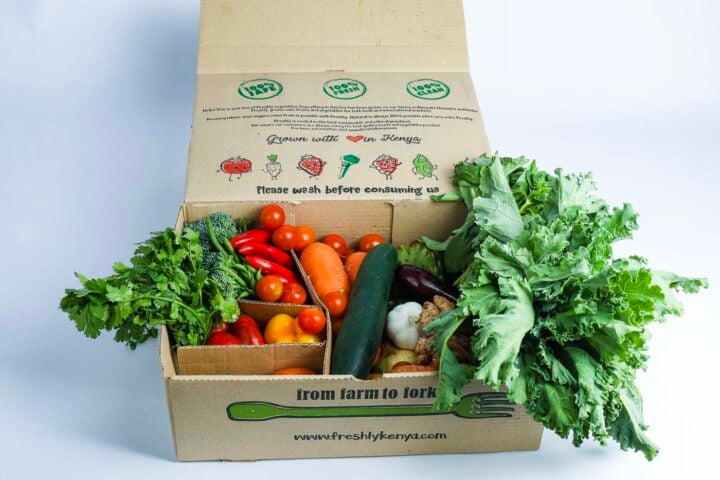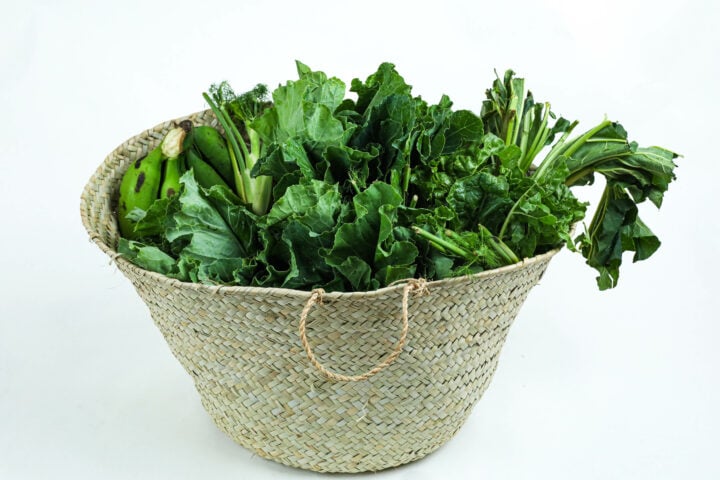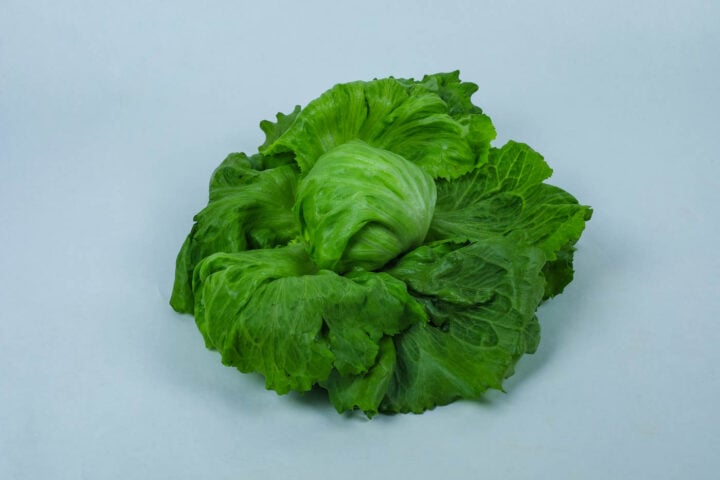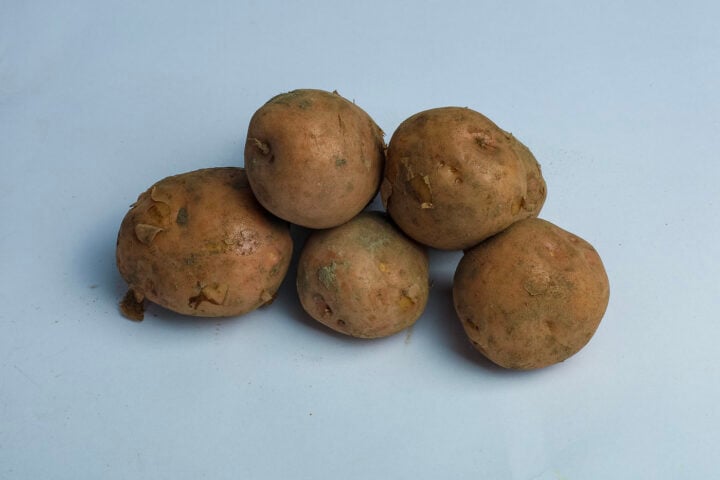The Heinrich Böll Stiftung Report
Kenyan farmers spent Sh10.6 billion on purchasing pesticide products to control insects, diseases, and weeds in 2020. This substantial investment reflects the critical role of pesticides in the country’s agriculture. However, delving deeper into the data from the ‘Toxic Business: Highly Hazardous Pesticides in Kenya’ report by Heinrich Böll Stiftung Kenya, we uncover a troubling landscape of pesticide practices that demand immediate attention and reform.
The Pesticide Landscape in Kenya
During the reporting period of 2020, Kenyan farmers used 310 pesticide products containing 151 active ingredients. These pesticides were applied across 26 different crops, with a total volume of 3,068 tonnes. Shockingly, the expenditure on pesticides reached $72.7 million (Kshs. 10b+), with insecticides, herbicides, and fungicides dominating the market.
Highly Hazardous Pesticides (HHPs) Take Center Stage
Out of the 310 pesticide products used, 195 of them, constituting 63%, fall into the HHP category. These HHPs accounted for a whopping 76% of the total pesticide volume used. It is noteworthy that nearly half of the total volume of pesticides used in Kenya is already banned in Europe due to their unacceptable risks to human health and the environment. Despite these alarming facts, the reliance on HHPs continues to be a norm in Kenyan agriculture.
Crop-Specific Pesticide Usage
Maize, wheat, coffee, potatoes, and tomatoes, which are staple crops in Kenya, require the most significant volumes of pesticides. Unfortunately, these crops also heavily depend on HHPs. In maize and wheat production, herbicides and insecticides like chlorpyrifos, glyphosate, atrazine, and paraquat are used extensively. Coffee production, on the other hand, utilizes high volumes of highly hazardous insecticides, fungicides, and herbicides.
Potato and tomato production also rely on HHPs, with mancozeb being a widely used fungicide. Alarmingly, mancozeb is banned in the EU and has been linked to cancer. Tomato production involves the use of various highly hazardous insecticides, further exacerbating the issue.
The Dismal State of Biopesticides
In stark contrast to the predominance of HHPs, biopesticides, which offer a safer alternative for pest control, makeup only 2% of the total pesticide volume used in Kenya. With just six biopesticides in use, there is a clear need to promote and prioritize sustainable biocontrol methods.
Active Ingredients of Concern
Several active ingredients used in Kenyan agriculture raise significant health and environmental concerns. Insecticides like chlorpyrifos, herbicides including glyphosate, atrazine, and 2.4-D, as well as fungicides like mancozeb and chlorothalonil, have been identified as particularly hazardous. Urgent regulatory measures are needed to address these concerning substances and protect both human health and the environment.
The Urgent Need for Action
To ensure sustainable agriculture and safeguard the right to healthy food and a healthy environment, Heinrich Böll Stiftung Kenya recommends the following actions:
Phase out Highly Hazardous Products: Gradually eliminate the use of products containing harmful ingredients.
Implement Integrated Pest Management (IPM) Strategies: Prioritize the adoption of IPM strategies to reduce reliance on synthetic pesticides.
Promote Access to Knowledge and Information: Ensure that farmers have access to relevant information for informed decision-making.
Invest in Research on Biopesticides: Support research efforts to develop and promote biopesticides as alternatives to HHPs.
Ensure Affordability of Biopesticides: Make biopesticides accessible to all farmers, encouraging sustainable pest management practices.
Address Corporate Accountability: Regulate and monitor agrochemical companies to promote responsible practices.
The data paints a grim picture of pesticide practices in Kenyan agriculture, with a heavy reliance on HHPs and a lack of protective measures for farmers. Urgent action is needed to phase out harmful pesticides, promote sustainable alternatives, and protect both human health and the environment. To delve even deeper into this critical issue, we encourage you to read the full ‘Toxic Business: Highly Hazardous Pesticides in Kenya’ report by Heinrich Böll Stiftung Kenya through the link provided below. By embracing these actions, Kenya can pave the way for a safer and more sustainable agricultural future.
At Greenspoon, we actively work with farmers to make sure that you get trusted (organic or GlobalG.A.P.) vegetables/fruit for your family – day in and day out. Stop worrying and join the movement towards healthier and more sustainable food choices.





